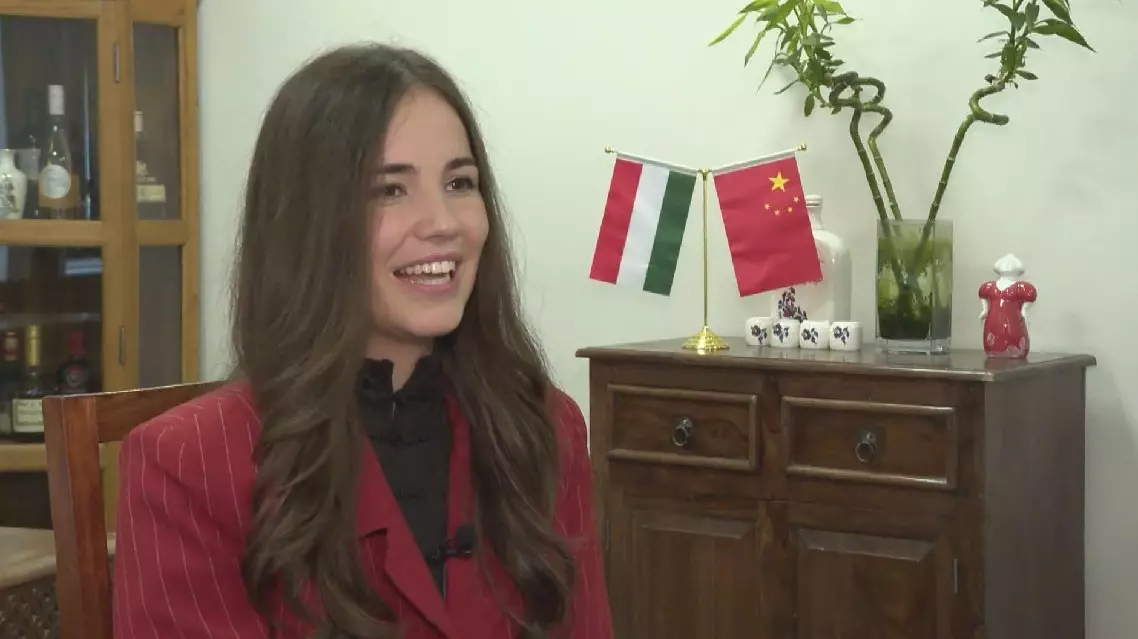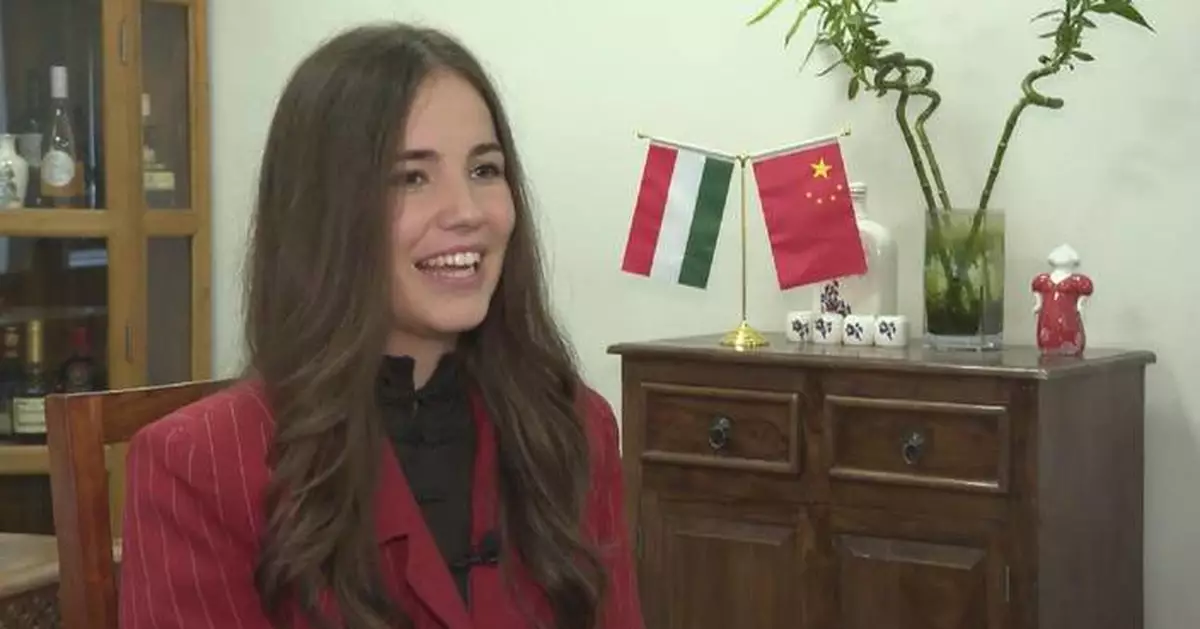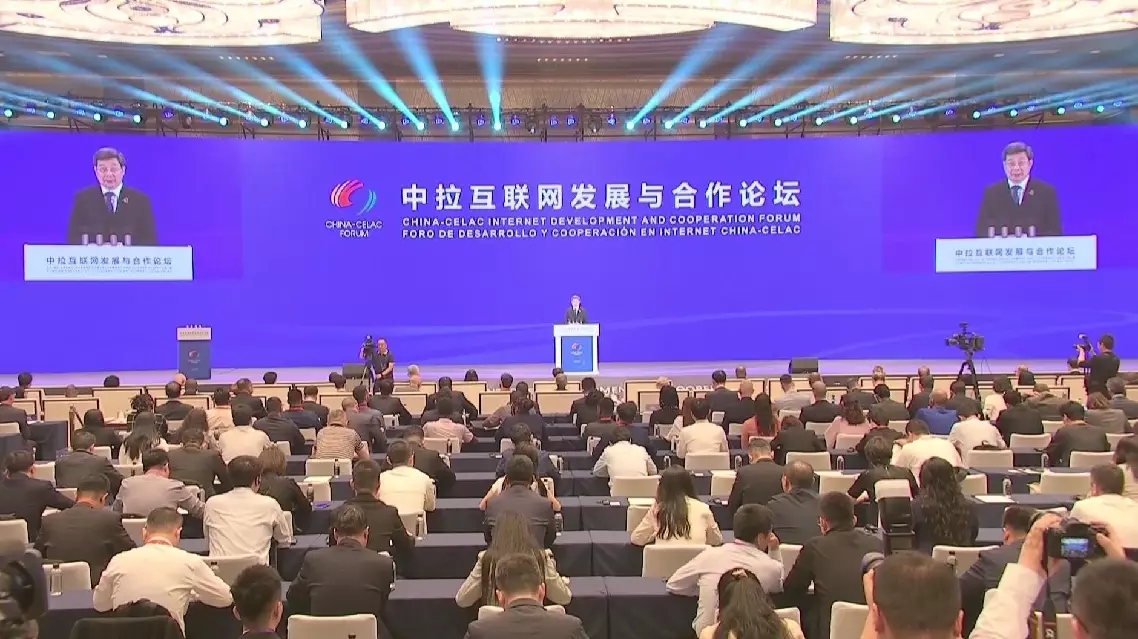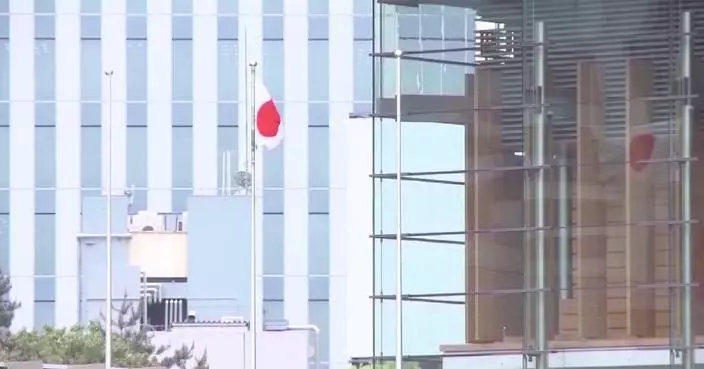A Hungarian student who is passionate about the Chinese language and songs has expressed her aspiration to pursue a career that builds stronger connections between the two countries as she celebrated the traditional Mid-Autumn Festival on Tuesday.
The MBA student and talented singer has been learning at the Confucius Institute of the University of Miskolc and was given the endearing name of "Bu Gu", which means "cuckoo", by her teacher, inspired by the melodious singing and diligent nature of the bird.
The name deeply resonated with the student, who has been learning Chinese for five years and has become proficient in singing various Chinese songs.
One song that particularly moved her is "Prelude to Water Melody," adapted from an ancient poem by Su Shi, a renowned Song Dynasty (960-1279) poet known for his optimism and resilience in the face of life's setbacks. The poem, which was written during the Mid-Autumn Festival, expresses Su Shi's longing for his brother.
Upon first hearing the song, Bu Gu was enchanted and later delved into the profound meaning of the original lyrics and context.
"When the poet Su Shi wrote this poem, he was missing his brother. And we can sense this feeling throughout the whole poem. But what I found that's really fascinating is that in the end, you can feel that you need to stay positive about this, because even though we are far away from each other, we still have the whole moon. So, if you look at the moon, we can still feel that we are together as a family," she explained.
Bu Gu's enthusiasm for Chinese language and culture has had a significant impact on her family and friends, as she often looks to share her favorite Chinese songs with those around her.
She has even encouraged her peers and her mother to participate in Chinese language classes, and last year they all took part in a celebratory event for the Mid-Autumn Festival, where they ate various flavors of the traditional mooncakes which are seen as a symbol of the festival and learned more about the old customs which date back centuries.
"I told my mom, OK, you can go and taste some tea, and learn some basic words just like 'Nihao' (hello) or 'Xiexie' (thank you). Maybe, if she will get time, she will put more time [into learning] or start to learn it with me," she said.
This summer, Bu Gu was selected to participate in a summer camp organized by her school in Beijing. Although she had researched China and its recent developments, she was surprised by the fusion of traditions and modernity she witnessed upon her arrival.
"I was not expecting that Beijing could keep the tradition as well inside. It was so beautifully combined with modernity that it is not bothering you to see the big buildings next to maybe the Hutongs (traditional old alleyways). We went to see Nanluoguxiang. We had this small boat trip on the lake, so you can feel that harmony in the quiet places. When we saw the Bird's Nest, the stadium, I had this feeling of the real China, the traditional side of China and also the modern side of China," she said.
Through her studies, singing and travel experiences, Bu Gu has gained a profound understanding of China, and said she now hopes to pursue a career which sees her playing her part to serve as a bridge between Hungary and China after her graduation.

Hungarian student deepens bond with China through singing Chinese songs






















































